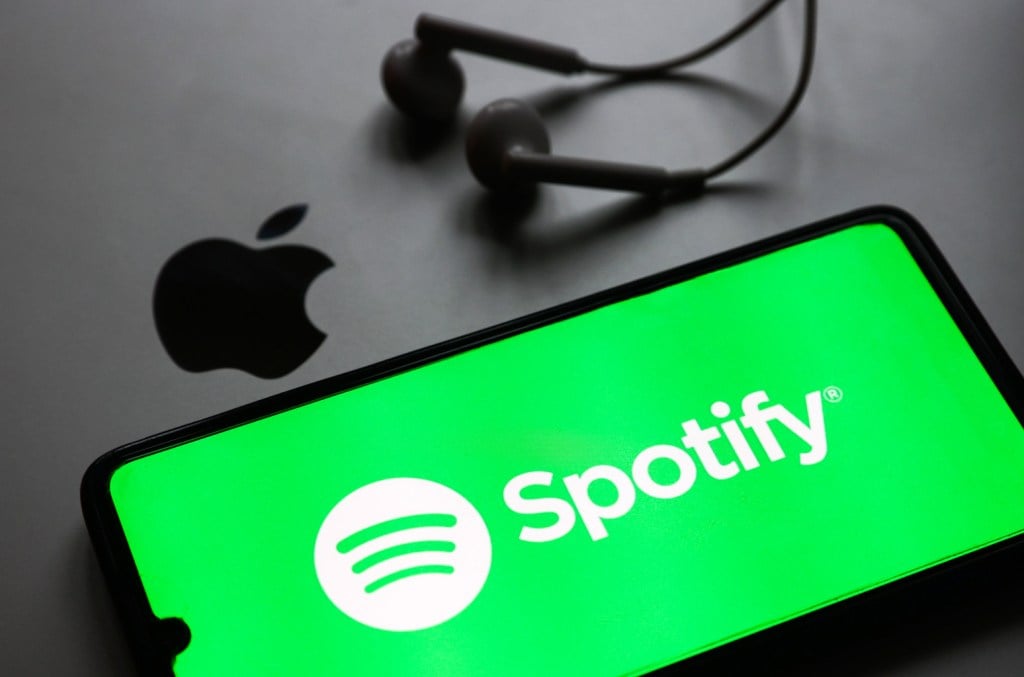When Bloomberg reported that Spotify would be upping the cost of its premium subscription from $9.99 to $10.99, and including 15 hours of audiobooks per month in the U.S., the change sounded like a win for songwriters and publishers. Higher subscription prices typically equate to a bump in U.S. mechanical royalties — but not this time.
By adding audiobooks into Spotify’s premium tier, the streaming service now claims it qualifies to pay a discounted “bundle” rate to songwriters for premium streams, given Spotify now has to pay licensing for both books and music from the same price tag — which will only be a dollar higher than when music was the only premium offering. Additionally, Spotify will reclassify its duo and family subscription plans as bundles as well.



No, dude… Spotify doesn’t have exclusive streaming rights to its music
They were talking about how each publisher was making their own streaming service as if the solution would be to have them all under one roof aka a monopoly.
No, the solution would be for every app to be able to licence the music without any exclusivity, making them compete over the features their apps and services have instead of on the music itself. Video streaming is an oligopoly right now, which can be just as bad as a monopoly.
I mean, nobody intrinsically cares how many competitors there are, so long as the all content can be retrieved from a single source. Of course that doesn’t mean people wouldn’t care if a single company were to abuse their monopoly e.g. by charging unreasonable rates or forcing ads (looking at you, cable).
It’s worth remembering that monopolies aren’t inherently illegal in the U.S. or anywhere else really; it’s not against the law to have the best product by a mile, nor should it be. Antitrust is illegal, which in this case would be defined by signing exclusive rights for all content and then providing a shitty service.